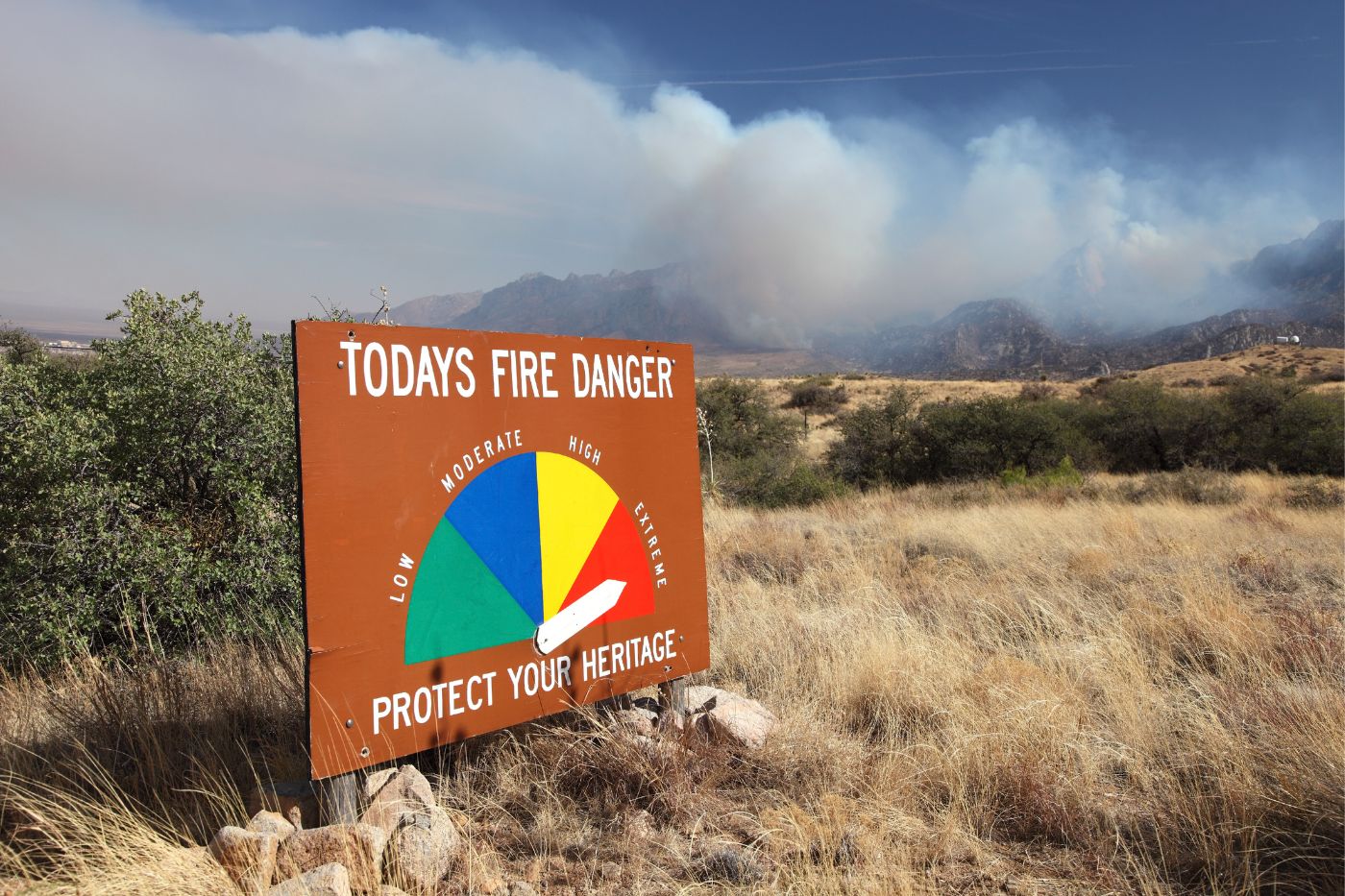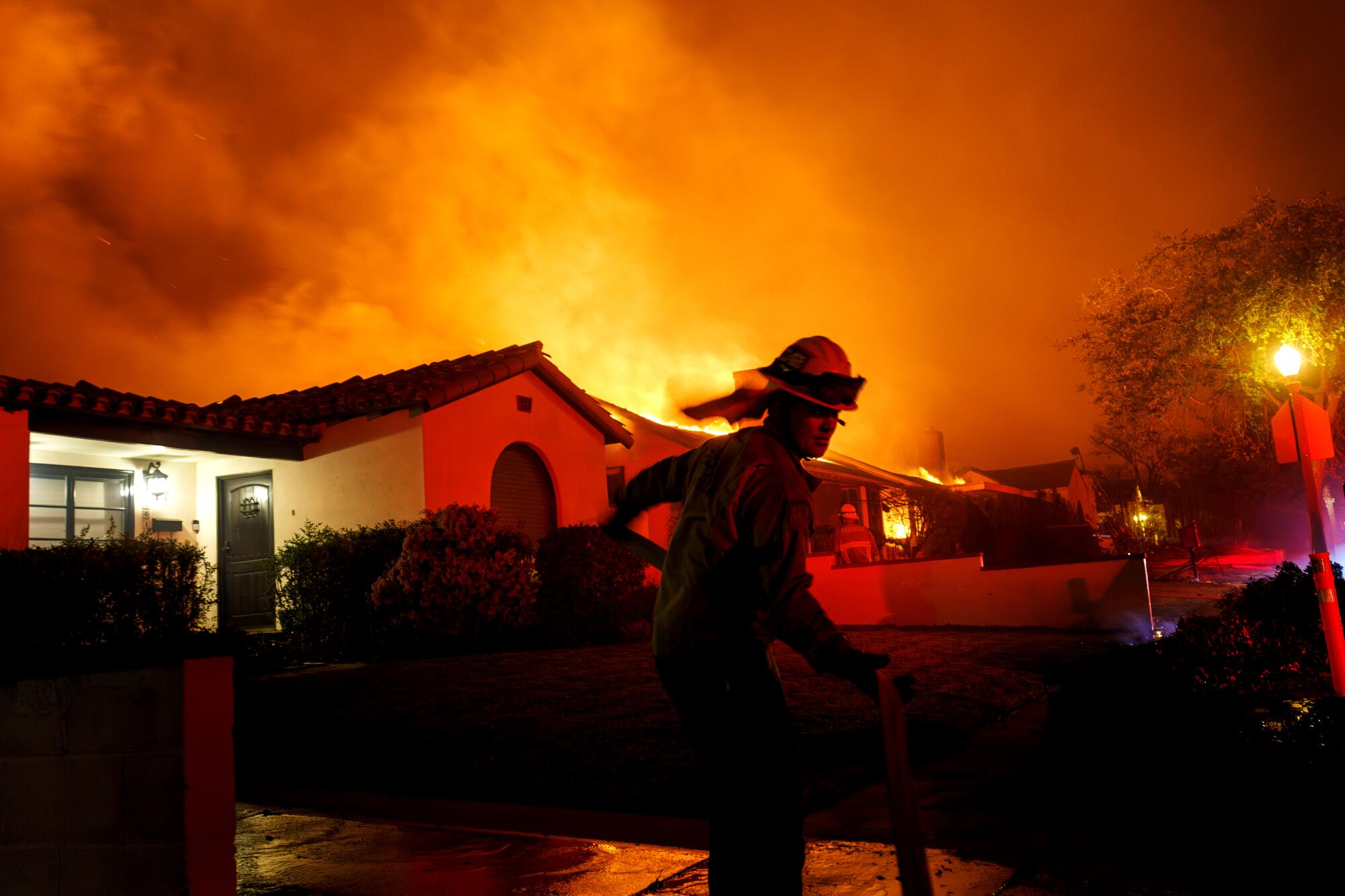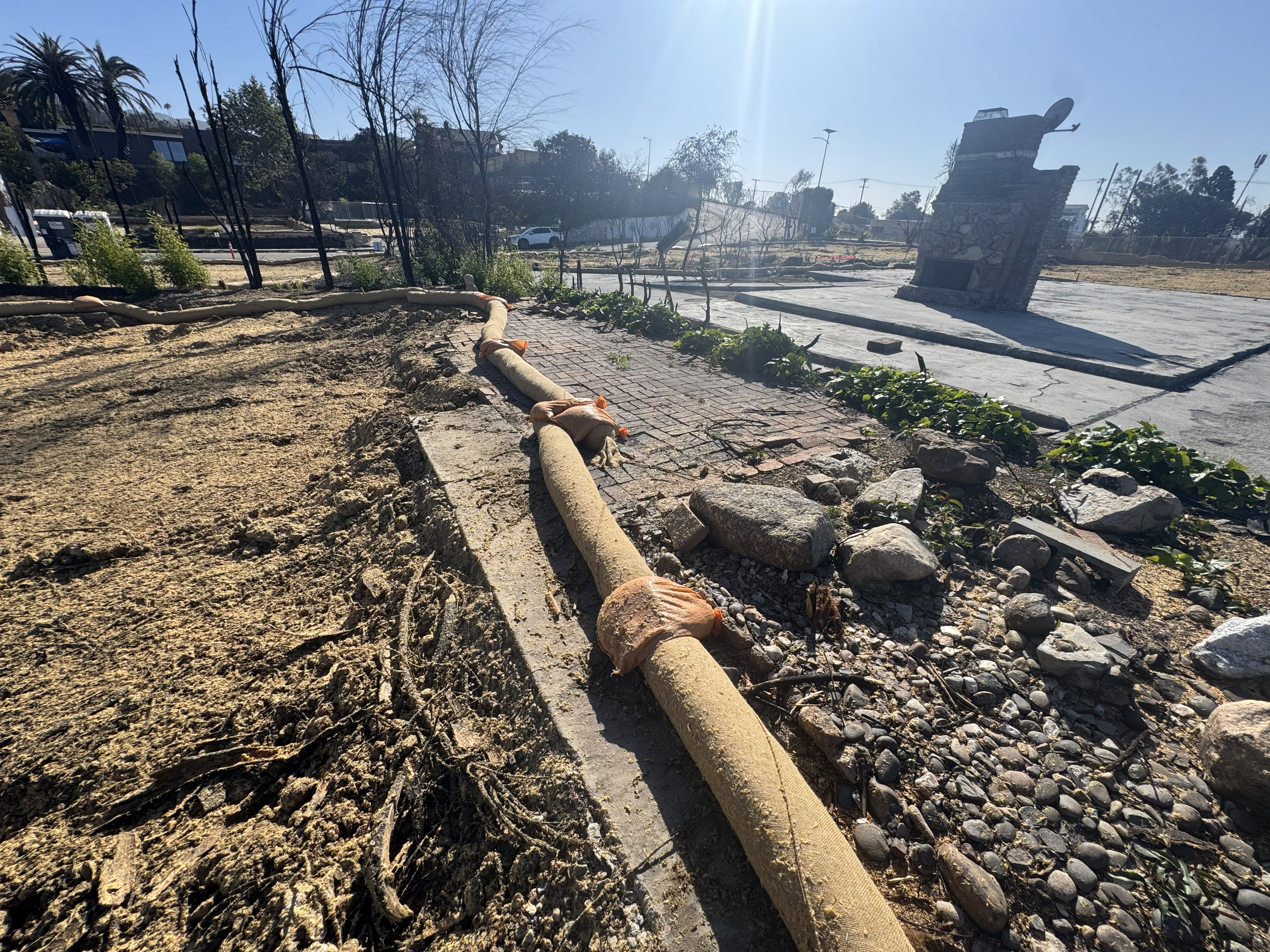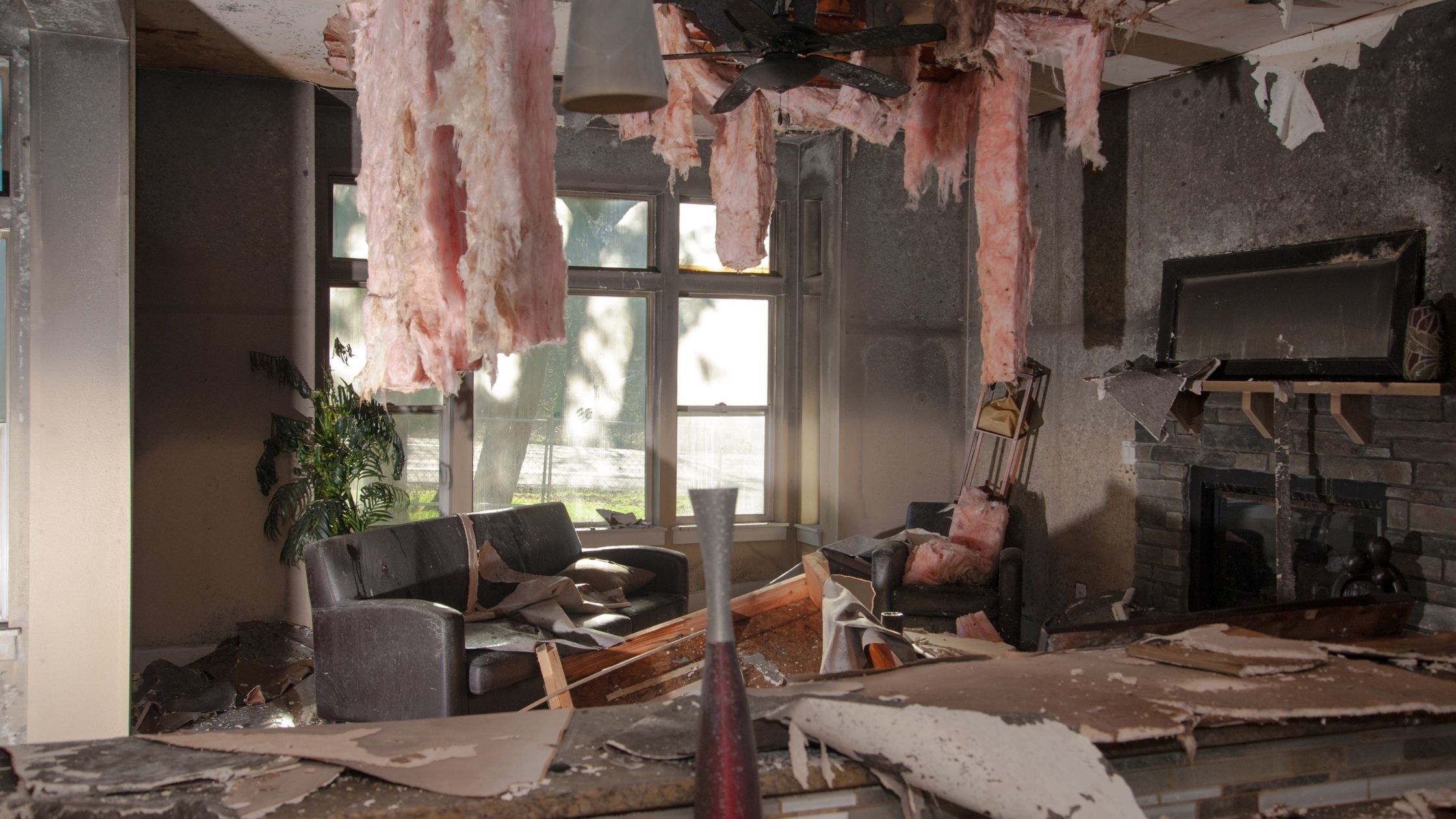The Growing Threat of Wildfire Damage
As wildfire season intensifies across the nation, homeowners face unprecedented risks to their properties. With climate change extending fire seasons and increasing their severity, ensuring adequate insurance coverage has never been more critical. Many property owners discover too late that their policies contain gaps that leave them vulnerable when flames threaten their homes.
The statistics are sobering: wildfires destroy thousands of homes annually, causing billions in property damage. Yet many homeowners remain underinsured or lack essential coverage components that could protect their most valuable asset.
Essential Insurance Coverage for Wildfire Protection
Dwelling Coverage
Your home's dwelling coverage should reflect current reconstruction costs, not market value. Post-wildfire rebuilding often costs significantly more due to increased demand for contractors and materials. Review your policy limits annually and consider guaranteed replacement cost coverage, which pays to rebuild regardless of policy limits.
Personal Property Protection
Standard policies typically cover personal belongings at 50-70% of dwelling coverage. However, this may prove insufficient after total loss. Document your possessions with photos and receipts, storing copies off-site. Consider purchasing additional personal property coverage if your belongings exceed standard limits.
Additional Living Expenses (ALE)
When wildfire damage renders your home uninhabitable, ALE coverage pays for temporary housing, meals, and other necessary expenses. Ensure your policy provides adequate coverage duration – rebuilding after major wildfires often takes 12-24 months or longer.
Extended Replacement Cost
This coverage extends your dwelling limits by 20-25% above the policy limit, providing crucial protection when rebuilding costs exceed expectations. In post-disaster scenarios, construction costs frequently spike due to high demand and material shortages.
Common Insurance Coverage Gaps
Landscaping and Outdoor Structures
Many policies limit coverage for trees, shrubs, and outdoor structures like sheds or gazebos. Wildfire damage often extends beyond the main dwelling, affecting entire properties. Review these limits and consider additional coverage if needed.
Code Upgrade Coverage
Building codes change over time, and reconstructing your home may require expensive upgrades to meet current standards. Ordinance or law coverage pays for these mandatory improvements, preventing out-of-pocket expenses that could reach tens of thousands of dollars.
Debris Removal
Clearing wildfire debris involves specialized equipment and disposal methods, often costing more than standard debris removal limits. Ensure your policy includes adequate debris removal coverage or consider purchasing additional protection.
Steps to Take Before Wildfire Season
Conduct an Insurance Review
Schedule an annual policy review with your agent, focusing on coverage limits, deductibles, and exclusions. Ensure your coverage reflects current property values and reconstruction costs in your area.
Create a Home Inventory
Document your belongings with detailed photos or video, including model numbers and serial numbers for valuable items. Store this documentation in cloud storage or off-site locations for easy access during claims.
Understand Your Deductible
Many policies include separate, higher deductibles for wildfire damage. Know your specific deductible amounts and ensure you can afford these out-of-pocket expenses if disaster strikes.
Implement Defensible Space
Create defensible space around your property by removing flammable vegetation and materials. While this doesn't affect coverage directly, some insurers offer discounts for wildfire mitigation efforts, and it significantly improves your home's survival chances.
When Insurance Companies Fall Short
Despite paying premiums faithfully, many homeowners encounter challenges when filing wildfire claims. Insurance companies may undervalue damage, deny valid claims, or delay settlements unreasonably. These tactics leave property owners struggling to rebuild their lives and homes.
Common issues include:
- Insufficient damage assessments that underestimate reconstruction costs
- Denial of claims based on policy interpretation disputes
- Delayed claim processing that extends financial hardship
- Inadequate personal property valuations
- Disputes over additional living expenses
How Public Adjusters Protect Your Interests
When facing complex wildfire insurance claims, public adjusters serve as invaluable advocates for policyholders. Unlike insurance company adjusters who work for insurers, public adjusters represent your interests exclusively, ensuring you receive fair compensation for your losses.
A skilled public adjuster brings expertise in policy interpretation, damage assessment, and claim negotiation. They understand the true cost of wildfire damage and fight for settlements that reflect your actual losses. This professional representation often results in significantly higher claim settlements than homeowners achieve independently.
The Public Adjuster Advantage
Public adjusters level the playing field between policyholders and insurance companies. They possess detailed knowledge of policy language, coverage nuances, and claim procedures that most homeowners lack. This expertise proves especially valuable in wildfire claims, which often involve complex damage patterns and extensive property losses.
Preparing for Wildfire Season Success
Proper preparation combined with adequate insurance coverage provides the best protection against wildfire risks. Review your policy annually, maintain current home inventories, and understand your coverage limitations. When disaster strikes, having a qualified public adjuster in your corner ensures you receive the compensation you deserve.
Remember, insurance companies are businesses focused on minimizing payouts. Without proper representation, you may accept settlements far below your actual losses, leaving you financially vulnerable when you need protection most.
Take Action Now
Don't wait for wildfire season to evaluate your insurance coverage. If you're facing a wildfire insurance claim or want to ensure your policy provides adequate protection, Apex Adjusting Group is here to help. Our experienced public adjusters understand the complexities of wildfire claims and fight tirelessly for our clients' rights.
Contact Apex Adjusting Group today for a free consultation. Let our expertise work for you, ensuring you receive the fair settlement you deserve. Your home and financial security are too important to leave to chance.
Need Help with Your Insurance Claim?
Our licensed public adjusters can help you get the maximum settlement you deserve. Contact us today for a free claim evaluation.



